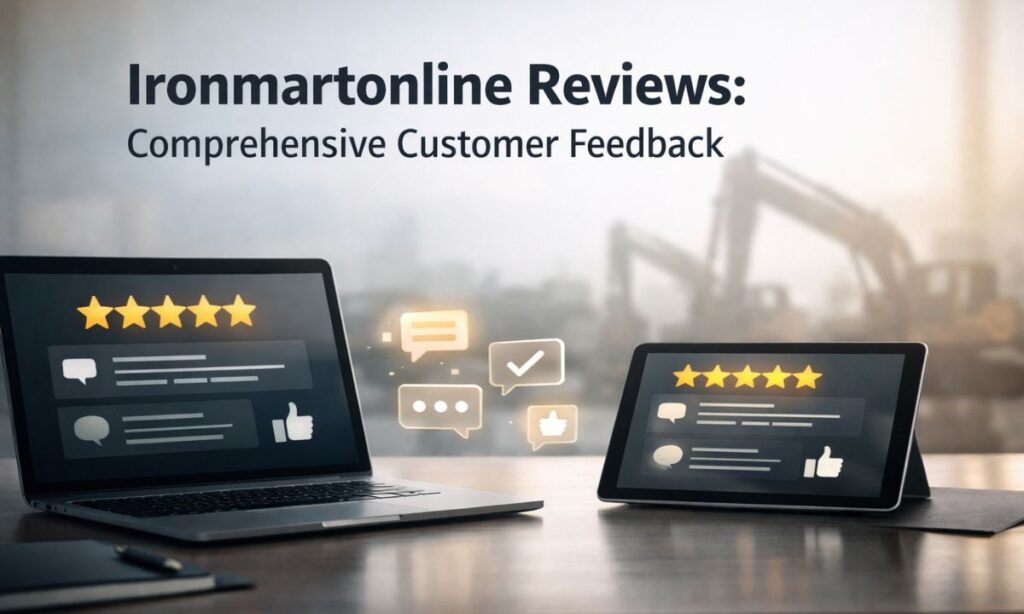In the fast-paced world of wealth management, intuition is often the unsung hero that shapes the most critical decisions. When the stakes are high, leaders must rely on more than just data—they must tap into their instincts to make timely, effective choices.
Intuition, when honed, not only enhances strategic thinking but also delivers outcomes that align with both organizational goals and ethical standards.
Much like interpreting tarot readings for deeper insights, leveraging intuitive skills enables leaders to explore different perspectives and navigate uncertainties with confidence.
For business executives, sharpening intuition is not a mystical endeavor but a practical strategy that elevates decision-making effectiveness. This guide unpacks actionable ways leaders can harness the power of intuition to drive success.
Guiding High-Stakes Decisions with Intuition
One of the most significant advantages of intuition in high-stakes decision-making is its ability to synthesize information quickly and effectively.
Leaders often describe this as “gut feelings,” but these instincts are deeply rooted in accumulated experience and knowledge.
For instance, in a Business Leaders event like the Uncharted Summit in the Hamptons, seasoned executives shared how embracing intuition alongside analytical tools enabled them to adapt to fast-changing market conditions.
Incorporating diverse perspectives, akin to the insights gained from tarot readings, can further sharpen this intuitive process, especially when leaders face ambiguity or incomplete data.
In a UK context, where market volatility often demands quick yet informed decisions, accessing fresh viewpoints through intuitive thinking becomes even more critical.
Leaders who expand their perspectives by embracing unconventional strategies can refine their intuition, making choices that resonate with clarity and confidence.
Harnessing Intuition for Predictive Insight
Intuition also excels as a tool for predicting outcomes in high-stakes scenarios. Leaders frequently rely on instinct to assess potential results, especially when quantitative data is limited or unclear.
By reflecting on past experiences and emotions tied to similar situations, executives develop a heightened sense of what might unfold.
This ability to anticipate market trends or customer preferences before they become evident is a hallmark of intuitive decision-making.
For example, the ability to predict shifts in consumer behavior or emerging opportunities in investment markets often stems from an intuitive connection between past events and current conditions.
Tapping into this emotional and experiential reservoir allows leaders to stay ahead of the curve, giving their organizations a competitive edge.
Connecting the Dots with Intuition
Another vital role intuition plays in decision-making is its capacity to connect seemingly unrelated data points. When faced with complex challenges, business executives often find themselves juggling vast amounts of information. Here, intuition steps in as a powerful ally.
By trusting their instincts, leaders can identify hidden patterns or opportunities that aren’t immediately obvious. This synthesis of diverse information enables innovative problem-solving and positions organizations to seize opportunities others may overlook.
For example, a CEO navigating the critical stages of a merger may use their intuition to gauge cultural alignment between teams. This subtle yet impactful insight can help prevent long-term integration issues and foster a cohesive organizational vision.
Blending Emotional Intelligence with Intuition
While pattern recognition and predictive insight are essential, intuition often overlaps with emotional intelligence, particularly in interpersonal dynamics. High-stakes decision-making isn’t just about strategy—it’s also about managing relationships and understanding stakeholder motivations.
Leaders who tune into their emotions and those of their teams can make better decisions, especially in sensitive situations. By intuitively reading between the lines, executives can foster trust, collaboration, and engagement.
This human-centered approach is particularly important in times of crisis or significant change, where understanding emotional undercurrents can make or break a decision’s effectiveness.
Ethics and Intuition: A Moral Compass for Leaders
Intuition also plays a pivotal role in ethical decision-making, especially during high-stakes dilemmas. In moments where values and principles are challenged, leaders often rely on their gut feelings to make choices that align with their moral compass.
This instinctive sense of right and wrong not only helps maintain personal integrity but also bolsters an organization’s reputation. Transparent, accountable decision-making creates a culture of trust that resonates with teams and stakeholders alike.
As highlighted in INSEAD’s study on high-stakes leadership, many CEOs emphasize the importance of relying on intuition when navigating ethical gray areas. These decisions often require balancing organizational goals with broader social or environmental responsibilities.
Practical Tips to Enhance Intuition for Decision-Making
To effectively incorporate intuition into high-stakes decision-making, leaders can adopt the following strategies:
- Reflect on Past Experiences: Analyze previous successes and failures to understand the emotional triggers behind your decisions.
- Cultivate Diverse Perspectives: Broaden your worldview by engaging with unconventional insights, such as those gained through tarot or other reflective practices.
- Practice Mindfulness: Spend time in quiet reflection or meditation to tune into your inner voice and strengthen your ability to trust your instincts.
- Enhance Emotional Intelligence: Develop empathy and active listening skills to intuitively gauge team dynamics and stakeholder concerns.
- Embrace Risk: Recognize that intuition thrives in uncertain conditions. Be willing to take calculated risks when data alone is insufficient.
Final Thoughts: Trusting the Power of Intuition
Intuition is a powerful asset for leaders navigating high-stakes decisions in wealth management and beyond. By honing this skill, executives can access diverse perspectives, anticipate outcomes, and make choices that align with both strategic goals and ethical principles.
In an ever-changing business landscape, trusting one’s instincts is not a sign of weakness—it’s a testament to leadership strength. Whether it’s recognizing hidden opportunities, fostering team collaboration, or navigating complex dilemmas, intuition remains a cornerstone of effective decision-making.
Cultivating this skill empowers leaders to rise to the challenges of today’s dynamic world while maintaining integrity and foresight, ultimately driving organizational success.
Also read: Small Business Wealth Strategies: Unlocking Financial Growth in 2025
















